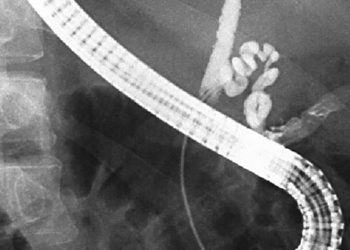Labour epidural analgesia not associated with decreased exclusive breastfeeding rates
1. Labor epidural analgesia does not affect rate of exclusive breastfeeding up to 6 months
Evidence Rating Level: 2 (Good)
Exclusive breastfeeding (EBF) is recommended for the first 6 months after birth by the World Health Organization. With labor epidural analgesia (LEA) become increasingly used, the impact of LEA on EBF has been questioned, with controversial results found in previous studies. This Chinese cross-sectional survey included 537 healthy mothers who had vaginal delivery and included questions to investigate breast feeding practice up to 6 months, LEA use during labor and other factors such as maternal sociodemographic characteristics, obstetric conditions, and breast feeding supports. No statistical differences were found in the rate of EBF up to 6 months between mothers with and without LEA (73.8% and 75.8% respectively, P=0.748). This study also found that for those who did not complete EBF up to 6 months, the main three reasons were no or insufficient breastmilk, inability to breastfeed as needed after return to work, and maternal related factors such as need for rest or worsening mood. Although a randomized controlled trial would help provide insight for the relationship between LEA and EBF, this would be unethical given the analgesic impact of LEA. This study found that other factors may have a greater role in the ability for EBF and no significant differences were found in those who received LEA versus those who did not. Future studies to monitor long term trends past 6 months as well as ones that focus on the other reasons found in this study may help in exploring reasons that may increase rates of EBF.
Click to read the study in BMC Pregnancy and Childbirth
Image: PD
©2023 2 Minute Medicine, Inc. All rights reserved. No works may be reproduced without expressed written consent from 2 Minute Medicine, Inc. Inquire about licensing here. No article should be construed as medical advice and is not intended as such by the authors or by 2 Minute Medicine, Inc.







